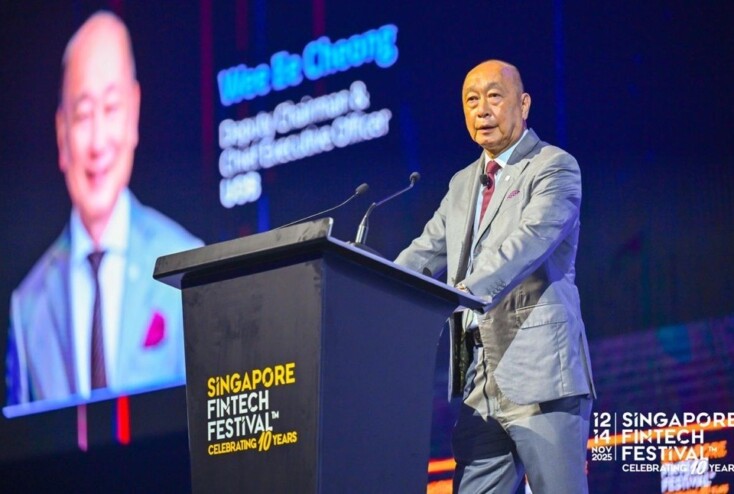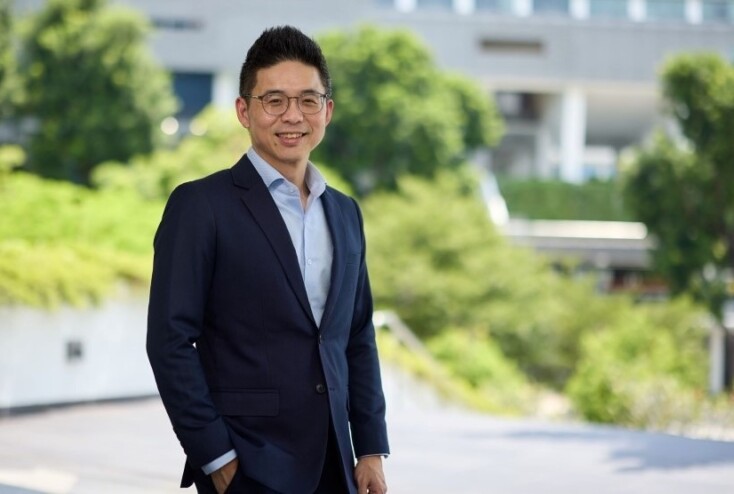The company was set up in the 90s by her father, Roland Tay, who is well-known for offering pro bono funerals for the underprivileged and victims of tragic, high-profile murder cases. He handed over the management reins to his daughter and son-in-law, but still plays a role manning the company’s customer hotline.
In 2013, the young couple stepped into the business “out of love”, inspired by the elder Tay’s commitment to helping others.
But their early days were not easy. They came up against resistance from industry veterans, who asked why a well-educated woman like Jenny Tay would enter what they saw as a “dying trade”.
The couple set out to challenge outdated perceptions. Their first step was to professionalise the team by introducing uniforms, streamlining the workflow and elevating the standard of service.
Though change did not happen overnight, Jenny Tay noted that the company’s staff felt that they came to be accorded more respect by their clients, who even addressed them by name.
Since taking over, the couple have introduced personalised memorial biographies for their clients, Jenny Tay told The Business Times on the sidelines of the panel discussion.
These biographies are generated by an in-house-developed artificial intelligence (AI) platform that creates the life stories of the deceased – shifting the focus at wakes from how someone died to how they lived.
Direct Funeral Services started out writing each biography from scratch, but as demand for these memorial biographies grew, AI enabled them to offer this service at scale. Families furnish the key details, and the system comes up with the life stories that are shared at wakes and memorials.
Jenny Tay said that the AI-assisted biographies reduce the emotional strain on the deceased’s family of facing repeated questions from visitors at wakes. This enables visitors to connect with the person’s legacy in a more meaningful way. (*see amendment note)
A tech innovation introduced in March was the Memory Weave app, through which guests at wakes and memorials contribute photos and videos of the deceased as a digital gift to the family. These go on show on a monitor at the funeral.
Another innovation is the use of therapeutic music through a collaboration with the Teng Ensemble, a Singaporean Chinese fusion music group, to support individuals coping with grief. Jenny Tay was inspired after attending one of the group’s concerts, where binaural beats were woven into their compositions to ease anxiety. This method is already being used in hospitals and eldercare homes.
“It sparked in me that we can use that for our grieving families,” she said.
Following studies with higher learning institutions, Direct Funeral Services will incorporate monaural beats – suitable for open settings like wakes – into its funeral music. The result is a calming soundscape that helps the bereaved process emotions more naturally. This will be launched by August.
The couple also went on to found Direct Life Foundation, the charitable arm of Direct Funeral Services which supports vulnerable seniors and underprivileged children through community care.
Direct Funeral Services has undergone significant growth and transformation since 2013, expanding from a five-person team to a staff of 80. Once largely made up of workers in their 40s to 60s, the team now comprises mainly younger professionals in their 20s to 40s.
They have seen a fifteenfold increase in revenue since 2013, the managing director said.
“Our people find the work meaningful,” Jenny Tay said. “With our commitment to raising service standards in the industry, we’ve earned the trust of families – many of whom return to us because they believe in what we do.”







